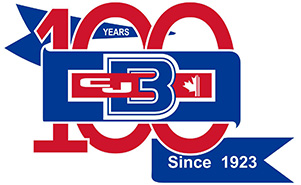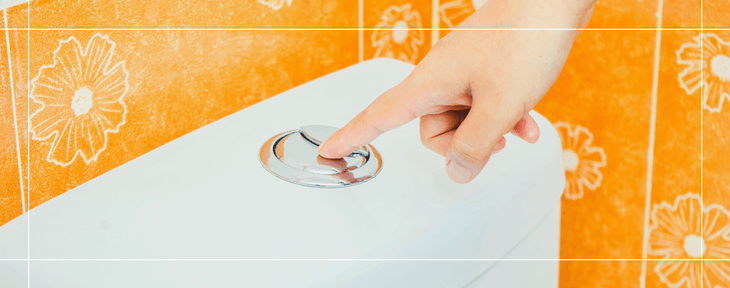Flushing food down the toilet drain seems a bit odd to some, but according to plumbing services in Waterloo, it is a common occurrence. More often than not, people explain that they flushed the food because they did not want it stinking up their kitchens. Some foods, like fish and eggs, can become ripe and pungent when left in the trash for a night or two. Despite the odour, you really shouldn’t flush food down the toilet.
Toilets and sewage systems are designed to handle specific types of waste. While a plumbing system might handle the occasional flushing of items it shouldn’t, such as dead pet fish, it is best to limit sewers to approved waste.
Flushing food down the toilet can cause many problems. You can cost yourself hundreds or thousands in damage and recovery if you are not careful. Experts point to three common issues of flushing food waste down the drain.
1. Can Block Sewer Lines
Commercial and residential plumbing services receive many calls from people and businesses that use their waste drains for all sorts of food waste. Two of the most common problem ingredients include fats and oils. Many people do not realize that these ingredients solidify after cooking. As the substances harden, they congeal to the walls of your sewer lines.
Eventually, the fats and oils cause slowdowns and blockages, or fatbergs, in the drainage system. One property flushing oils and fats can cause district-wide problems. Unfortunately, many people flush these ingredients or pour them into the waste lines.
If home and business owners are not careful, grease blockages can result in sewage backups. Backups can interrupt businesses and force families out of their homes.
2. Some Foods Degrade Slowly
Residential and commercial plumbing services warn against flushing or washing any foods down the drain, but some are more trouble than others. Corn on the cob, apple cores, and bones are among the worst foods you can flush. Any food that takes a long time to degrade presents significant risks to your plumbing system.
Flushing slow-degrading foods present an immediate and long-term risk. In many cases, the food will result in an immediate blockage, resulting in overflows and potential backups. If the food makes it through initial drainage, it will likely get stuck somewhere along the way. It is possible for water to flow around some stuck foods, but eventually, the food will create a significant blockage that can damage the pipes or cause backups.
3. Costly Sewage Maintenance
Cleaning fatbergs, bones, and other foods out of your sewer system is costly. Depending on the blockage, a plumbing service may need to open the line to find the clog, which is expensive.
Beyond individual costs, consider city or district expenses. Sometimes, food makes its way through your personal plumbing system but gets lodged in the public system. When districts are forced to spend more on plumbing maintenance, the costs are transferred to everyone through increased taxes.
Instead of flushing food waste, find better ways to discard or use it. For example, don’t toss leftovers; freeze them and save them for later. Also, instead of flushing used cooking oils and fats, pour them into a container, seal them and throw the container in the trash; you can also use a plastic bag. If you have the desire to garden, most food waste makes for excellent compost.
If you mistakenly flushed something you shouldn’t have, don’t be embarrassed; accidents happen. Call CJ Brubacher Ltd. to schedule a plumbing assessment. The company will send a licensed technician to inspect the problem and resolve it. For larger projects, the company may provide an estimate and proposed timeline for the job, ensuring the homeowner understands when and how the issue will be resolved.

